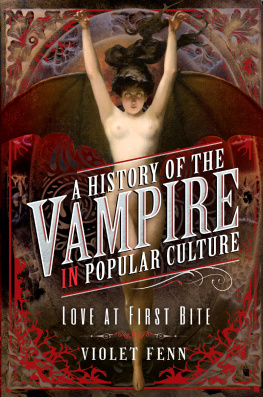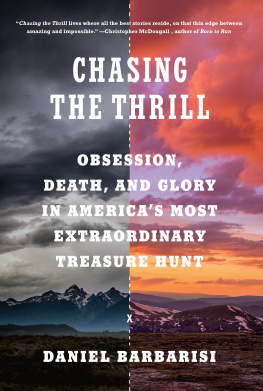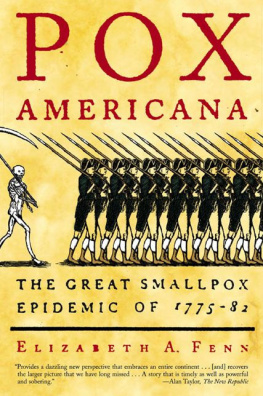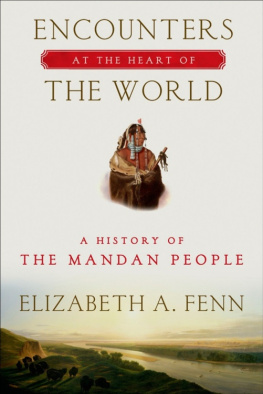

The latest edition of this work has been brought to publication with the generous assistance of Marguerite and Gerry Lenfest.
Naval Institute Press
291 Wood Road
Annapolis, MD 21402
2004 by Charles Fenn
All rights reserved. No part of this book may be reproduced or utilized in any form or by any means, electronic or mechanical, including photocopying and recording, or by any information storage and retrieval system, without permission in writing from the publisher.
All photos are from the authors personal collection.
ISBN 978-1-61251-531-1 (eBook)
The Library of Congress has cataloged the hardcover edition as follows:
Fenn, Charles, Captain.
At the dragons gate : with the OSS in the Far East / Charles Fenn.
p. cm.
1. Fenn, Charles, Captain. 2. United States. Office of Strategic ServicesBiography. 3. World War, 19391945Secret serviceUnited States. 4. World War, 19391945Military intelligenceUnited States. 5. World War, 19391945DeceptionUnited States. 6. World War, 19391945CampaignsChina. 7. World War, 19391945CampaignsAsia, Southeastern. 8. World War, 19391945Personal narratives, American. 9. Psychological warfareUnited StatesHistory20th century. 10. United States. Marine CorpsOfficersBiography. I. Title.
D810.S8F463 2004
940.548673092dc22
2004014326

 Print editions meet the requirements of ANSI/NISO z39.48-1992 (Permanence of Paper).
Print editions meet the requirements of ANSI/NISO z39.48-1992 (Permanence of Paper).
11 10 9 8 7 6 5 4 8 7 6 5 4 3 2 1
First printing
CONTENTS
I remember the day Charles Fenn walked into our crowded OSS office in Washington, D.C., in 1943. Hed been assigned to the Morale Operations (MO) branch, dealing in subversive propaganda, Office of Strategic Services. Here was a Marine lieutenant from the theater we were targeting: China-Burma-India (CBI). Hed been working with people vital to our mission. He was not afraid to say what he thought, to stand up for his beliefs, however radical. He had been with the Associated Press and knew the media. Eventually he became one of the most effective MO agents in the CBI.
His memoir, At the Dragons Gate, is an absorbing story of one mans crusade on two fronts: subverting the Japanese enemy through propaganda methods and battling the bureaucracy that fettered OSS and most other government agencies in the theater. Bureaucracy sets in like rigor mortis, he once complained after a particularly audacious MO operation was shot down by top brass.
The CBI theater was fragmented: French and British striving to keep their Asian colonies; Americans opposing the Chinese Communists; and Chinese nationalists fighting the growing Communist insurrection more fiercely than the Japanese invaders. Vietnam, meanwhile, was struggling for political freedom from the French. Fenn met and recruited the man who finally brought that freedom to his country: Ho Chi Minh. Fenns association with Uncle Ho (code name Lucius) is one of the highlights of At the Dragons Gate.
For his wartime service with OSS, Fenn was awarded the U.S. Soldiers Medal for Valor, the Bronze Star, and a citation from General William Donovan, the head of OSS.
In 1948 Fenn returned to London, where he had been born in 1907. He wrote plays for Londons Little Theatre and wrote several books on China. Later he also worked with the British Broadcasting Company on the Emmy Awardwinning television documentary Uncle Sam and Uncle Ho.
Fenn later retired to Ireland, where he now lives in Schull, County Cork, with his family, managing a colorful bed and breakfast, the Standing Stone. It is a green and peaceful spot, far removed, both figuratively and geographically, from the war-torn Far East the author once knew.
His account of his wartime experiences is a witty, insightful story of real-life espionage, another chapter in the history of the OSS, and a passport to another place and time. Enjoy.
Elizabeth McIntosh
West Lock Farm, Virginia
2004

Carlyle summarized the politics of nations thus: Counsellors of state sit plotting and playing their high game of chess whereof the pawns are men. In the ordinary game of chess, a pawn may sometimes hold the king in check. In the high game of international politics, a human pawn may sometimes hold counselors of state in check. Such was briefly my role in World War II.
The chess pawn, being manipulated by the player, has no will of its own. Whether human pawns have any will of their own is a question endlessly debated. In my own case I had little or none; from the beginning I was caught up in the high game of chess only by chance and was subsequently manipulated only by further irrelevancies.
In writing this book, I shall hope to be discerning, truthful, interesting, and impartial. I may claim to have one advantage in regard to impartiality; having been born, educated, and briefly employed in England, I immigrated to the United States of America and subsequently became an American citizen. My story begins in 1943 when I returned to New York City after a two-year stretch as an Associated Press war correspondent. I had two objectives: to find a publisher or an agent for a war novel I had been working on and to improve my status with the AP as a mere stringer correspondent despite having covered war fronts in China, Burma, Ceylon, Abyssinia, and Djibouti. I had originally (1940) gone to China as a news photographer for a picture magazine called Friday, which rivaled Life but was left wing and had a much smaller circulation.
I might describe myself as theoretically left: Shavian inspired and favoring public ownership, equality for women, and racial equality. Friday magazine endorsed these concepts but went a step further, supporting the Soviet Union, whereas my own critical enthusiasm had been shaken by Stalins purges of the thirties, not to mention widespread evidence of other tyranny.
Fridays readership thus comprised not only leftists like myself but those still accepting Stalinism, including a substantial number of Communist Party members. For a large cross section of all these readers, the Soviet-Nazi pact of 1941 was a staggering betrayal. And when Friday supported the official Communist Party line of condoning it, they stopped reading the journal. As a result, the paper shortly folded up, leaving me in the middle of China (photographing the Japanese advance) without a job and, as all too often the case, almost broke. Communications were so poor that a couple of months actually went by before I even heard of
Next page












